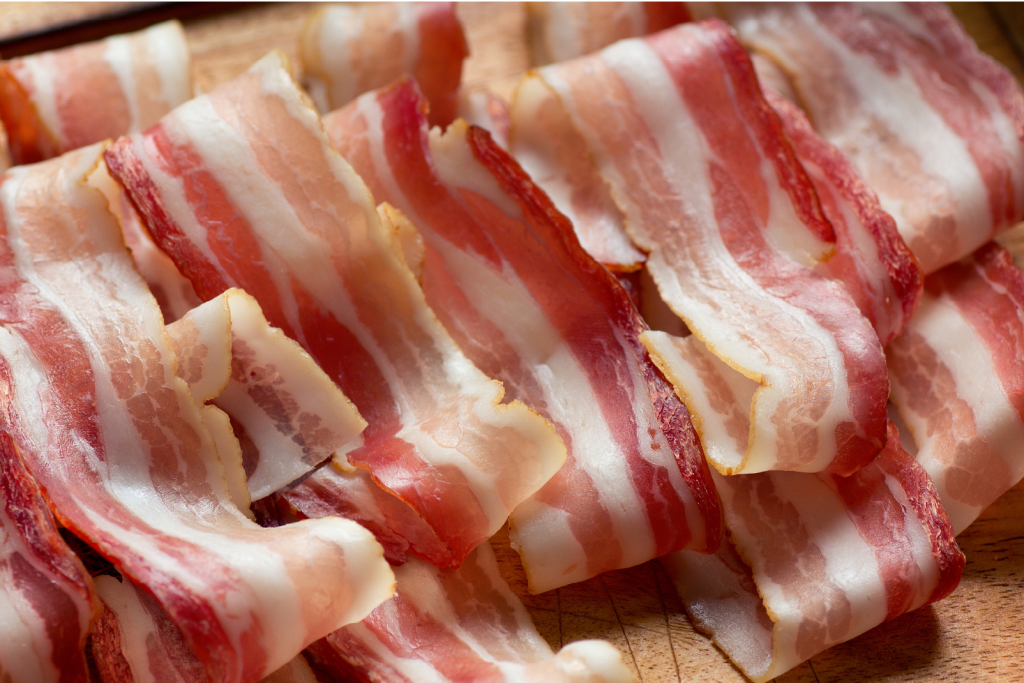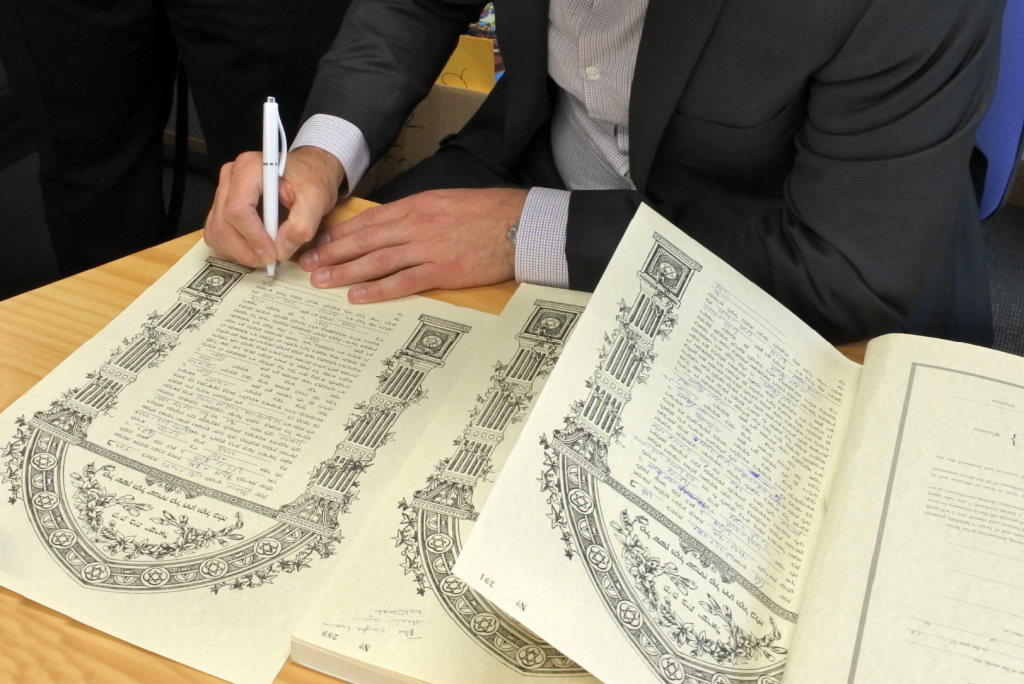Kosher Home

We’re getting married soon and are debating whether to have a kosher home or not. It’s a huge commitment, and we’re not so sure if we’re up to it at this point. On the other hand, there are definitely health and spiritual benefits to it, we’re just not sure if they outweigh the difficulties of the commitment involved. Maybe you can help us with our decision.
Kosher Bacon?

I have recently begun keeping kosher and had a philosophical debate with a friend who doesn’t. I want to use soybean sausages and bacon, like Morning Star Farms products that have kosher symbols, because as long as they’re kosher, why not? But my friend argues that if I’m going to keep kosher, to eat “kosher treif,” is just a loophole and not in the spirit of what I’m trying to do. Do you feel this contradicts the spirit of the law?
Kosher

We have always kept kosher, to some degree. I am often challenged by friends who ask why do I need to choose this antiquated dietary system, when today there are many dietary systems, based on modern research, that are far healthier than kosher. Although kosher may have kept us healthier in the ancient world, why do we need to continue that today when there might, in fact, be even healthier systems? Could you please give me some food for thought to be able to answer them? (And myself!)
Ketubah

Firstly, I thank you for your weekly article which enriches our weekend, and we look forward to it all week!
Could you please explain what exactly is a ketubah; is it a document of sorts or is it part of the actual act of the Jewish wedding? Why do some people hang it on their wall?
Kabbalah, Gematria, Holiness (and Maimonides)

I recently heard a class which left me very confused. The instructor, who claimed to be an orthodox rabbi, spoke about Maimonides’ rejection of Mysticism. Among the mystical ideas that he supposedly rejected was that:
The Hebrew language is intrinsically holy [citing the Talmud and Mishna as being against this, i.e. the concept of gematria, etc.]
The Jewish people are a holy nation
The Torah or mitzvot contain any intrinsic holiness, [there’s no intrinsic difference between the Torah and Shakespeare]
The Land of Israel has any intrinsic holiness. He taught that to believe any of the above is idolatrous since it is assigning godliness to things that don’t have it, which is precisely why Maimonides waged a war against these ideas which are truly foreign to traditional Judaism.
So perhaps you could clarify:
Are the above ideas mystical/idolatrous ideas?
Was Maimonides really against mysticism, [as was the Talmud, according to this presenter]?